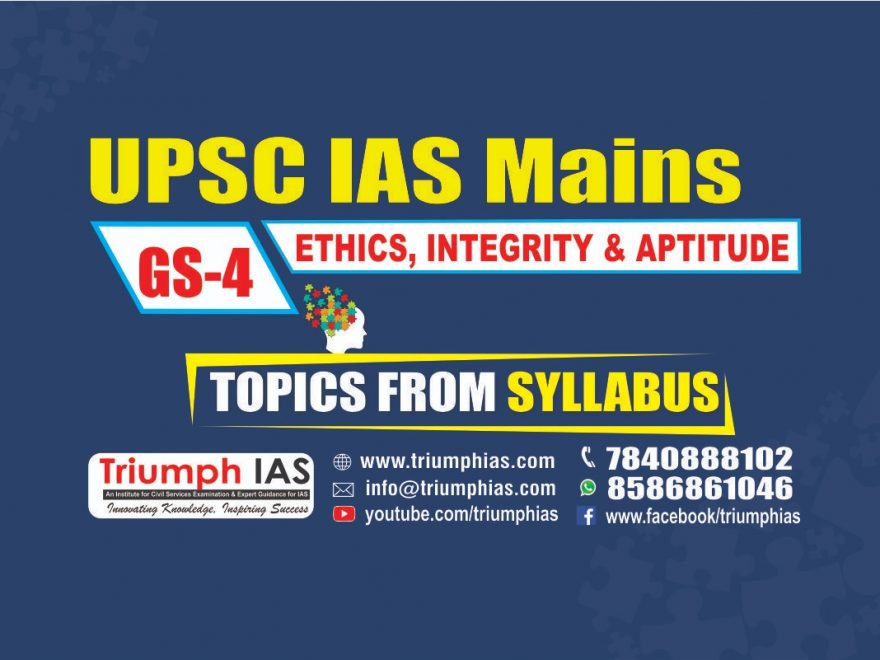Relevance: Mains: G.S paper IV: Ethics: Leaders and teachings
Introduction
- Hardly anyone speaks about Gandhi as a Management icon. Alan Axelrod, renowned author of biographies has authored a widely acclaimed book titled ‘Gandhi CEO:14 Principles to Guide and Inspire Modern Leaders’.
- In it he has averred “There is no doubt that Gandhi was a good man and an intensely spiritual man, but he was also a manager and executive, a supremely practical leader for change [management].”
- This book gives prime importance to “a humane and people-oriented approach”-based on Gandhi’s “Talisman” and to transparency to which he attributes Gandhi’s moral stature and ultimate success.
- Businesses cannot be run by coercion and CEOs should earn the cooperation and trust of their employees/stake holders and welcome dissent because “if everyone is thinking alike, no one is really thinking.”
Gandhi’s Economic and Management Ideas
- Gandhi’s economic and management ideas were gestated by India’s grinding poverty and were moulded by his ethical and civilizational values.
- For him: Economics that hurt the moral well being of an individual or a nation are immoral and therefore unacceptable. So also, the economics that permit one country to prey upon another” and Civilization in the real sense of the term consists not in the
multiplication but in the deliberate and voluntary reduction of selfish wants.” - Gandhi wanted poverty alleviation and economic development to commence at village level.
- Besides, he wanted “production by masses” not “mass production”, utilization of people’s innate talents, traditional avocations and locally available/replaceable natural resources. Gandhi disfavoured both capitalist and communist economics.
- Besides, he was opposed to state control of the economy because “while apparently, doing good by minimizing exploitation, it does the greatest harm to mankind by destroying individuality, which lies at the root of all progress”.
- His notion of democracy was “the weakest having the same opportunity as the strongest” and that: Real Swaraj will come not by the acquisition of authority by a few, but by the acquisition of the capacity by all to resist authority when it is abused”.
- In management of the economy he favoured moral suasion instead of coercion and the practice of Trusteeship. Vinobha Bhave’s Bhoodan movement was a good example of the practice of moral suasion and Trusteeship.
- For Gandhi “Labour is far superior to capital. He wanted a marriage between capital and labour.
According to him, they can work wonders in cooperation.
Still Relevant in Modern Times
- In recent years concepts of total Quality Management (TQM), Customer Relations Management (CRM), Corporate Social Responsibility (CSR), Safeguarding the Interests of All Stake Holders (SIASH), Frugal Engineering (FG), Lean Management (LM) etc. has come to be embodied in management theory and good corporate governance practices. Gandhi has urged practice of these by the 1920 and 30s.
- On CRM, he had stated. “A customer is the most important visitor on our premises”.
- His CSR is seen in his educational health and sanitation efforts for the Champaran Indigo peasants.
- His FE and LM are seen is his choice of the charka for India’s emancipation from colonialism and abysmal poverty, and his insistence on stringency in all expenditure and strict accounting of every rupee spent.
- The Secretary of State for India revealed in the House of Commons that whereas the Great Depression caused a 25% drop in Britain’s textile exports to India, the additional 18% fall was due “directly to the boycott program carried on by the Indian National Congress.”
- The German economist Ernst Schumacher, in his book ‘Small is Beautiful’ lauded Gandhi as a people’s Economist. He argued “The technology of mass production is inherently violent, ecologically damaging, self-defeating in terms of nonrenewable resources.
- The technology of production by the masses, making use of the best of modern knowledge and experience is conducive to decentralization, compatible with the laws of ecology, gentle in its use of scarce resources and designed to serve the human person instead of making him the servant of machines.
- One of the Management concepts now in vogue is “Core Competence”. Over a century ago Gandhi identified textiles as the Indian people’s core competence.
- He urged that humans should be industrious, “not like a machine, but like the busy bee.” The Charka was his mascot for employment generation. Ridiculed by many as “antediluvian “, it revived India’s moribund cottage and village industries which today employ over 30 million artisans their families.
Conclusion
- Gandhi’s continuing pertinence in the management field in the 21st century is clearly visible in the present Global Warming.
- Gandhi had written: “Earth provides enough to satisfy every man’s need but not for every man’s greed…..The wars of our times spring from greed.”
- It is notable that this assertion of Gandhi is being used as one of the prime slogan of United Nations Environmental Programme (UNEP).
- World Economic Forum has estimated that due to automation there will be net loss of over 5 million jobs by 2020 across 15 major developed and estimated economies.
- Over a century age, Gandhi had foreseen that “labour saving” machines “save labour” by making laboures redundant. He had urged “production by the masses” instead of “mass production

